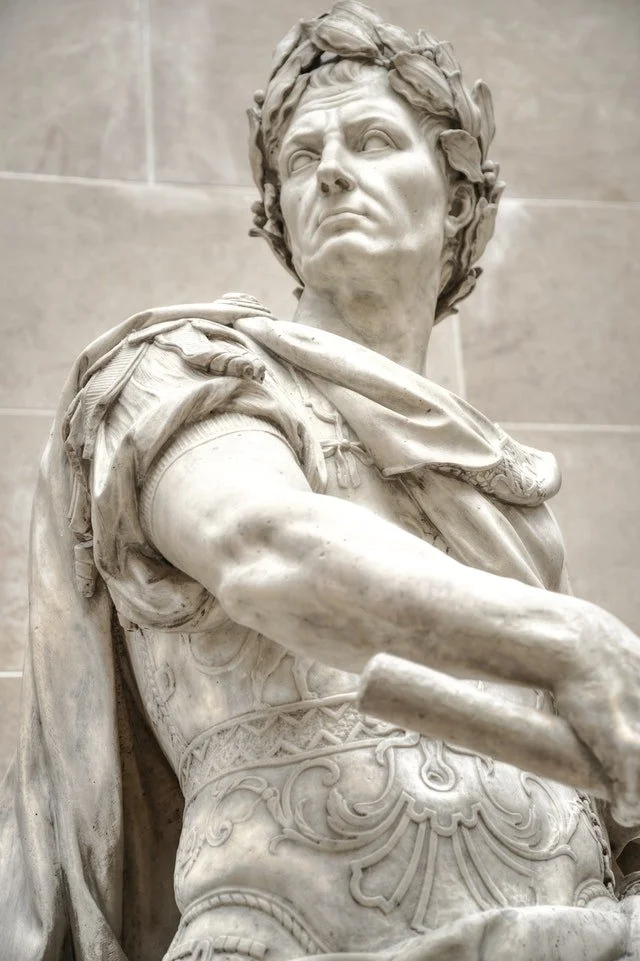Unfortunately, what too many people mean by “freedom” is freedom from responsibility for anybody but myself and those I love. Freedom on this reading means something like, “You can’t tell me what to do. I can do whatever I want. Why? Because this is a free country.”
But, I mean, come on. That’s how children think, isn’t it? Freedom read this way amounts to an ever more elaborate rationalization of selfishness. Think about the issues you can pass through this lens. Healthcare, unemployment insurance, immigrants, state-sanctioned violence against Black people, houselessness, student loan debt, food insecurity. Think about the refugees from Ukraine who’re living their worst nightmares right now because of the selfishness of another fox, a Russian Herod whose desires always seem to center on himself.
Subscribe to us on iTunes!
Sermon text: web | doc




















